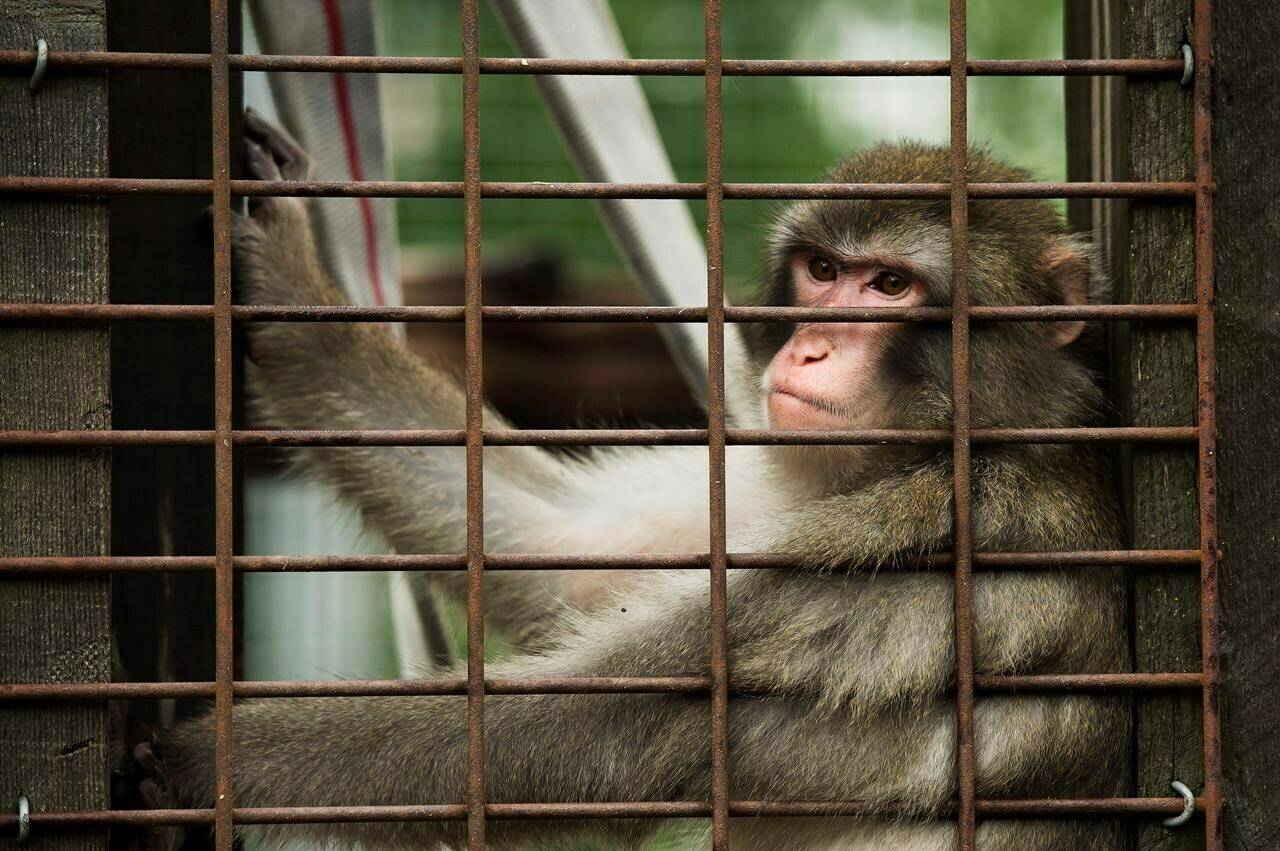It’s important for relatives to honour the death of an elderly member of their family.
It can be a deeply traumatic experience for a family to grieve through and to find closure over the loss of a loved one.
We are a society that too often brushes death aside as being too painful to open up about emotionally.
Memories of seniors who pass on need to be honoured and remembered by people who cared.
Both the emotional and physical presence that will be missed need to be acknowledged.
The funeral or memorial service helps with that acknowledgement, to recognize the shared feeling of loss among the family members and friends.
The service is not really for the senior who has died as much as it is for the people who carry on their memory.
Rituals are an important part of life, but again the death of the senior is not always openly acknowledged, in particular with a memorial service.
Often every part of the death of the senior is denied.
There is no viewing, even a private one for the family. There is no service with the casket present.
There is no service at the cemetery when the casket is lowered into the ground and the earth placed over it.
Even at the gravesite, the mound of earth is covered so that it will not be upsetting.
Everything is done to assist the mourners to not lose control of their emotions.
So often the cremated remains of the senior are taken and spread by the family at a location that was special to the senior.
Some members of families need a place to visit that acknowledge that this senior lived on this earth.
We all need this connection. But when the cremated remains are spread, depending where it is, I feel that often connection is lost.
Frequently, the deceased will go from the hospital to a closed casket at the service without all of the family members or friends having had a chance to view the body.
For many people, part of the grieving process is seeing the body.
Cemeteries are sacred ground, a safe place to evoke emotion, where generations of families can come to visit and connect with those who are buried there.
Without a place that marks their time of existence, we run the risk of theirs becoming a forgotten generation, which is a disservice to the coming generations.
We need to preserve that connection, that link from one generation to the next.
For the loss of a parent, the children need the opportunity to grieve, to find closure.
Part of a grieving process is to talk about the loved one they have lost, about the impact he or she has had on their life and to share that going forward in their own lives.
